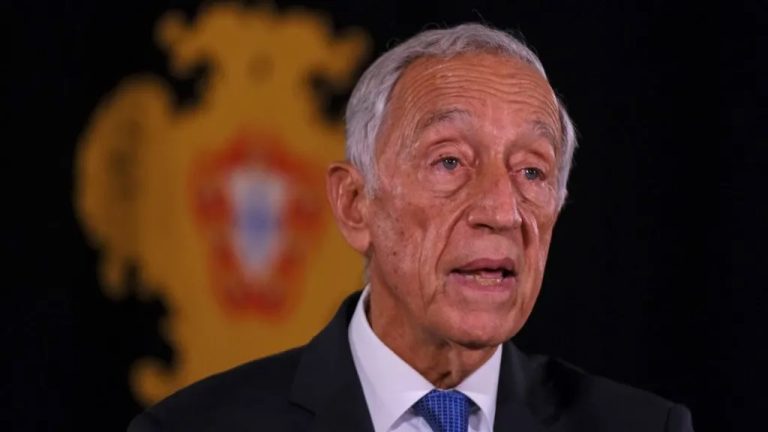Portugal has indicated plans to increase the purchases of Liquefied Natural Gas from Nigeria and the United States as part of efforts to reduce dependence on the already dwindling supplies from Russia.
A report by Reuters quoting the Portuguese Environment Minister Maria da Graca Carvalho on Tuesday said the decision was taken following sanctions on Russian oil and gas imported through pipelines.
“Portugal is now practically independent of Russian gas … but we want to reduce this figure further by importing more gas from Nigeria and the United States,” Graca Carvalho told a panel at the World Economic Forum in Davos, according to economic website ECO.
In 2024, Portugal imported 49,141 gigawatt-hours of natural gas, of which around 96 per cent was LNG, data from electricity and gas grid operator REN shows.
Nigeria accounted for 51 per cent of the LNG deliveries and about 40 per cent came from the United States and 4.4 per cent from Russia.
In 2021, Russia accounted for 15 per cent of Portugal’s LNG supply.
Following Russia’s invasion of Ukraine in February 2022, the European Union has implemented targeted sanctions on Russian oil and gas imported through pipelines but has not prevented the import of LNG transported by ship into Europe.
US President Donald Trump has threatened the European Union with tariffs if countries do not increase their purchases of U.S. energy.
ECO reported the minister urged greater cooperation within the 27-nation European Union to ensure energy independence and security, saying Iberia was still an “energy island” as it had “been difficult to build interconnections with France”.
Meanwhile, a report by SB Morgen Intelligence has stated that US President Donald Trump’s energy policy could likely threaten Nigeria’s fiscal sustainability in a country where some 90 per cent of its revenue is dependent on oil
In its latest report titled ‘The Ripple Effect: How Trump’s policies will impact Africa’, the Lagos-based research firm stated that Nigeria’s assumption of an oil price target of $75 per day may also be punctured with Trump at the White House.
“Nigeria’s economy relies heavily on oil exports, and Trump’s pledge to flood the global market with American oil seriously threatens the country’s financial stability,” SBM Intel said.
“Nigeria’s 2025 budget, which hinges on an ambitious oil price target of $75 per barrel, faces significant risks,” it added.
Africa’s biggest oil producer plans for oil revenue to account for over half of the national budget but any significant price decline would severely undercut the country’s financial projections, threatening its economic plans and fiscal health.
Trump’s “Drill, baby, drill” mantra indicates a substantial escalation in US oil production, a move expected to boost domestic drilling, asserting US energy independence as a dominant oil exporter.
This surge in supply could create downward pressure on global oil prices, affecting countries dependent on oil revenues.
A fall in oil prices would undermine the economic growth projections of Nigeria, leading to potential cuts in government spending and delayed infrastructure projects.
Lower oil prices mean increased borrowing to cover budget gaps at rather outrageous interest rates for a country whose debt is expected to rise further to N187 trillion this year, according to investment and research firm Cardinalstone.
This will no doubt deepen fiscal instability and strain funding for social safety nets, plunging more people into abject poverty.
The country could face more serious difficulties meeting financial obligations, including paying public sector wages, servicing debts, and funding social programs, according to SBM Intel.
“The oil sector’s dominance in Nigeria means that a price reduction can have ripple effects across other sectors of the economy, compounding Nigeria’s economic challenges,” the data and intelligence gathering firm said.
“This could also deepen regional inequalities, as poorer states would bear the brunt of reduced federal allocations,” it added.
